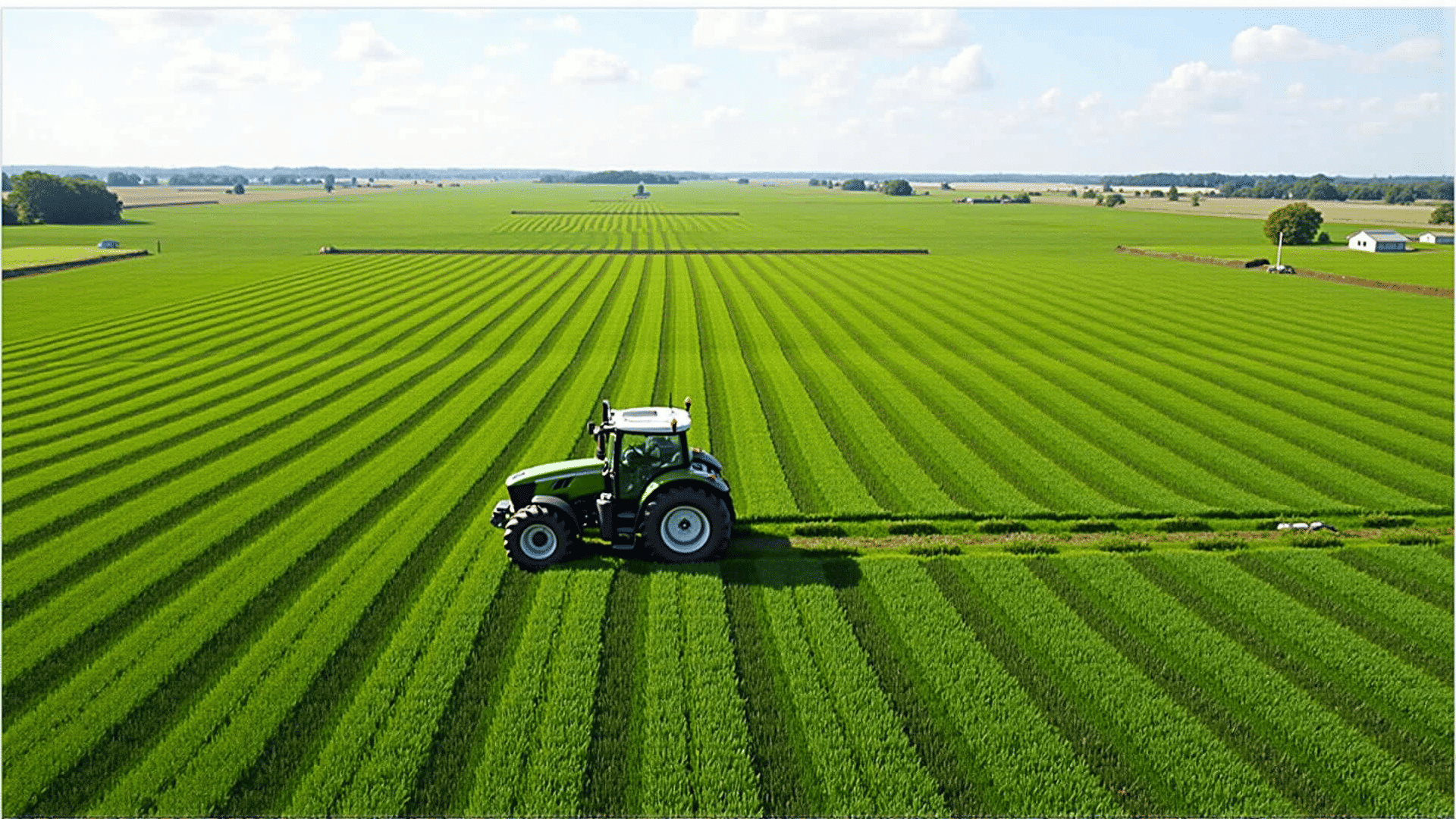Precision farming, an innovative agricultural approach, leverages advanced technology to enhance field management practices, aiming to maximize efficiency and yield while minimizing waste. By integrating technological tools such as GPS, sensors, drones, and data analytics, farmers can manage variations in the field accurately, which optimizes the use of inputs like water, fertilizer, and pesticides.
At the core of precision farming is the concept of treating different parts of the same field uniquely. This is in sharp contrast to traditional farming methods, which often apply uniform treatments across entire fields, disregarding inherent differences in soil composition, moisture levels, and crop needs. Precision farming utilizes site-specific data to tailor cultivation practices, ensuring that each part of the field gets what it specifically requires.
One critical component of precision farming is the use of GPS technology, which allows for precise field mapping. Farmers can monitor and control machinery with pinpoint accuracy, ensuring that seeds, fertilizers, and pesticides are applied without overlap or gaps. This reduces waste significantly and ensures optimal growing conditions for crops.
Another essential technology is remote sensing, often achieved through drones or satellite imagery. These tools provide vital information about crop health, moisture levels, and pest presence. With real-time data, farmers can make informed decisions, such as adjusting irrigation systems to prevent water waste or targeting pesticides only where needed.
In addition to enhancing field management, precision farming plays a pivotal role in sustainability. It minimizes excessive chemical use, which can have adverse environmental impacts, such as water pollution and soil degradation. By using resources judiciously, precision farming supports eco-friendly practices that are crucial for the long-term viability of agriculture.
Data analytics is another cornerstone of precision farming, enabling farmers to make decisions based on data patterns and predictive modeling. By analyzing the data collected from various field sensors, farmers can predict crop yield, assess risk factors, and develop strategies to mitigate potential issues. This strategic foresight contributes to better planning and risk management, reducing financial uncertainties and enhancing productivity.
While precision farming offers substantial benefits, its successful implementation requires overcoming various challenges. The initial investment in technology can be significant, and there may be a steep learning curve associated with adopting new systems and practices. However, the benefits, such as increased crop yields, cost savings from reduced input usage, and enhanced sustainability, offer a compelling case for the adoption of precision farming techniques.
As the global population continues to rise, the ability to produce more food with fewer resources becomes even more critical. Precision farming not only promises increased agricultural productivity but also ensures the responsible stewardship of the environment. By embracing technology and innovation, precision farming is set to revolutionize agriculture, meeting the needs of the present while safeguarding the future.
